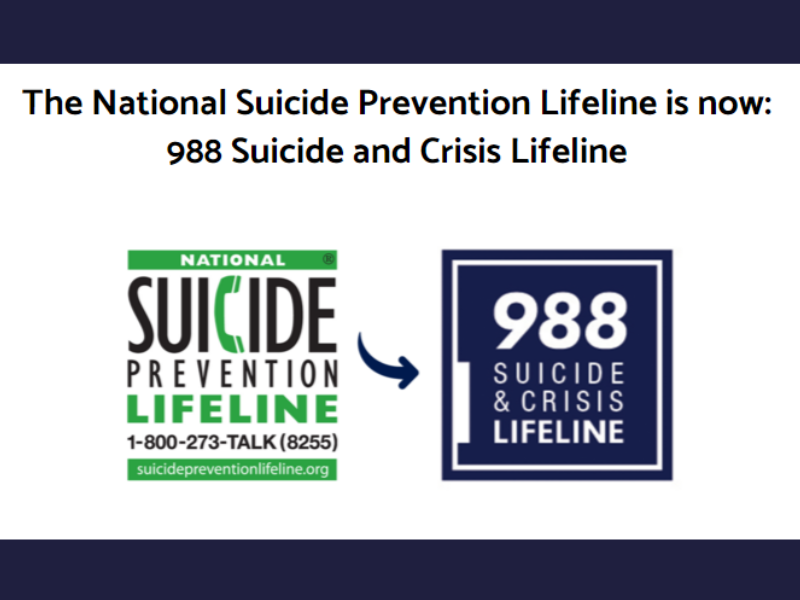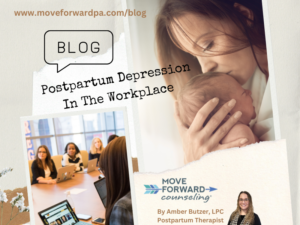NAMI and their #ReimagineCrisis partners share what the new nationwide service means for us and how to thank members of Congress for helping to make it possible.
Written by Hannah Wesolowski, Chief Advocacy Officer of the National Alliance on Mental Illness (NAMI)
988 is a reality because of mental health advocates who raised their voices in support of a vision that we can provide everyone with a better response to mental health crises.
Anyone experiencing mental health, substance use, or suicide crisis can call or text 988 or chat with the 988 Suicide and Crisis Lifeline at 988lifeline.org.
No matter where you live, you can be connected to trained crisis counselors at Lifeline call centers across the country. This support is available to people in crisis or their loved ones and is free, confidential, and available 24/7/365.
Learn more about 988 and what it means for you at nami.org/988.
We know that some people need more help than can be provided by phone, text, or chat. While everyone will have access to the Lifeline via 988 starting today, 988 is just the first step.
There is broad public support for providing mental health-based responses to people in crisis, including mobile crisis teams and crisis stabilization options for everyone who needs them. Right now, these services are unavailable everywhere, and what is available will differ community by community. We need your continued advocacy to build an entire crisis response system.
NAMI and our #ReimagineCrisis partners shared an open letter in The Washington Post to spread the word about 988 and encourage policymakers to continue to act on this important issue. Check it out here.





























